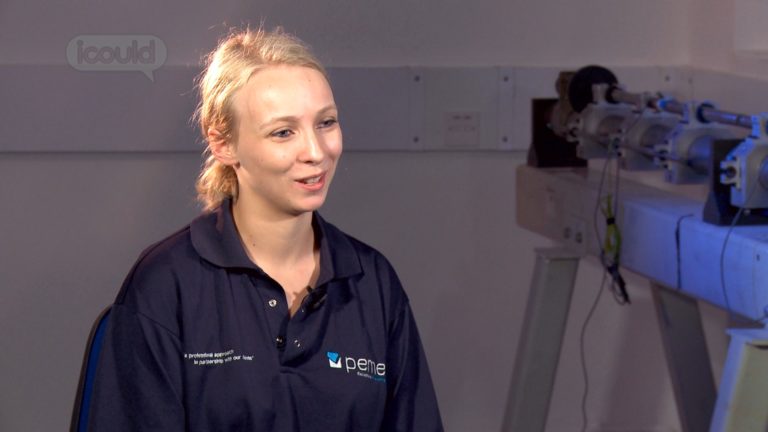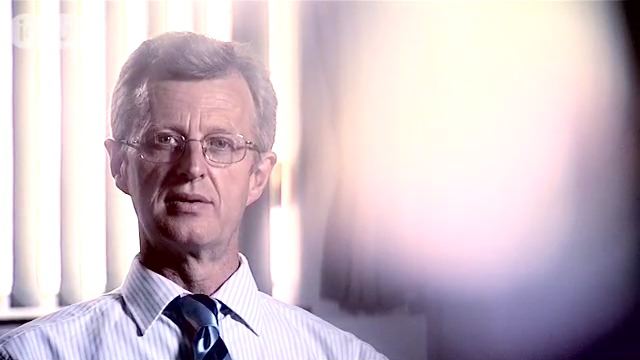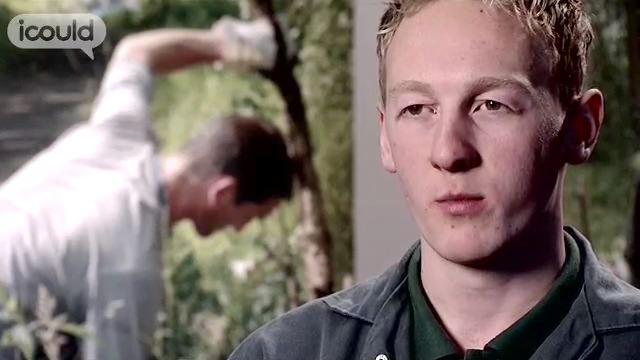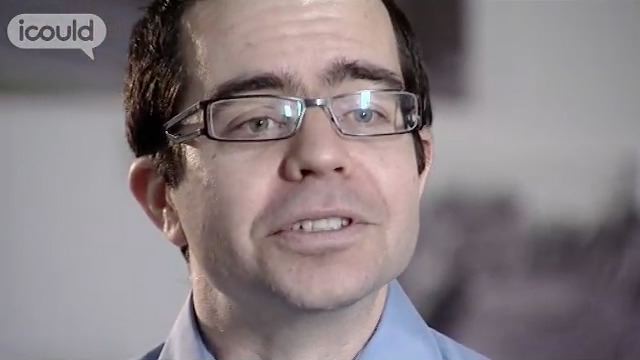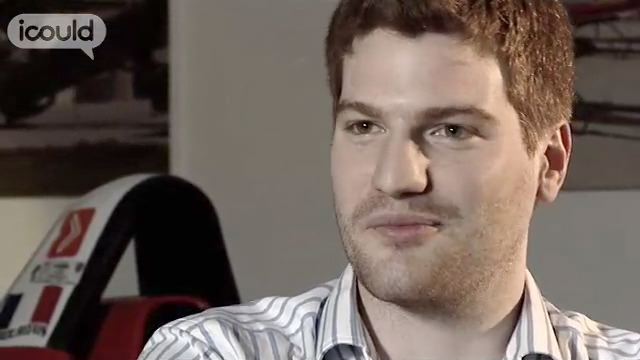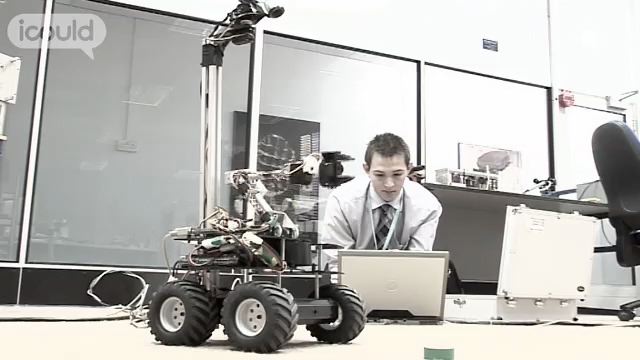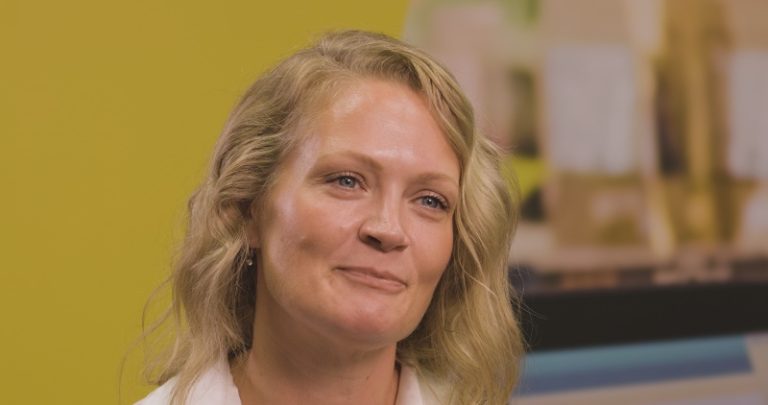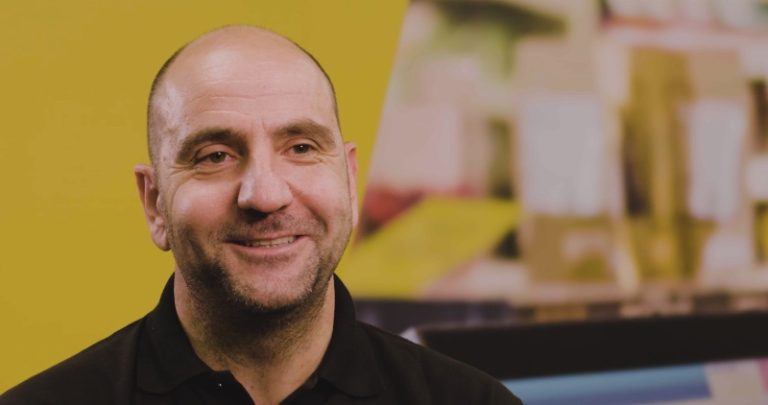Senior Hospital Engineer
Addenbrookes Hospital
Mark C
00:00:01 My name’s Mark C, I’m a Senior Hospital Engineer looking after mechanical services. You get to look after everything, like automatic doors, the windows, the furniture, ventilation, air conditioning, plumbing, there’s lots of new work so you never know everything about the whole site, it’s so vast it takes years, years and years and years, to know everything.
00:00:25 I was a prat basically. I bummed out of school when I was fifteen, went to work in a shop for nine months or a year. Because a friend was an apprentice heating engineer I thought well that sounds better than working in a shop. I was able to get an apprenticeship with a local company, I had a fantastic time working on sites all over the area – building sites, military bases – and that was great, I enjoyed it. But then I – big turning point in my life was I had my appendix out. And because I had to rest I went in the office for four weeks. I liked it so much and just got inquisitive about all the processes of tendering and estimating and how systems were designed. I was there four years in the office as a Project Co-ordinator as it was called. I was made redundant with the recession.
00:01:14 I was out of work six months when I was made redundant. I tried a couple of applications but I just had no qualifications for the people they wanted. The redundancy money was just about to run out when this – the job up here came up. And I came to the Trust as a craftsman on the shop floor doing the actual maintenance, sort of worked my way up from there. It’s – it was just luck.
00:01:38 I like helping people, I like achieving things and I get that from this job. I came here with just City and Guilds in Pipe-fitting and Welding qualifications and I was able to carry on, get some Electrical qualifications, and that led on to HNC, which is a Higher National Certificate. And then I was able to get my degree, Bachelor of Science at Southbank University in London, which enabled me to gradually change jobs through the Estates Department. If you put the effort in they’ll basically pay for the course and help you all they can. The high point of my career, I think so far, would be when I obtained my degree when I was fifty. Never thought – ever thought I’d have a degree. Always when I was younger it always seemed so high and far away. My graduation picture is up on the mantelpiece. If I could do it all again I’d – I think I’d get qualifications earlier. Sounds a bit of a cliché but I’d have worked harder at school
00:02:37 My hope for next five or ten years is to do the best job I can. I hope they don’t put retirement back any further. You don’t have to keep going all the time, there is a stopping point when you’ve learnt enough.
00:02:50 ENDS
Mark C is a Senior Hospital Engineer, who arrived at Addenbrookes having been made redundant from his previous job. “It was just luck.” He says “the high point of my career, I think so far, would be when I obtained my degree when I was fifty. Never thought – ever thought I’d have a degree.”
More information about Mechanical engineers
The UK average salary is £29,813
There are 37.5 hours in the average working week
The UK workforce is 47% female and 53% male
Future employment
- Undertakes research and advises on energy use, materials handling, thermodynamic processes, fluid mechanics, vehicles and environmental controls
- Determines materials, equipment, piping, capacities, layout of plant or system and specification for manufacture
- Designs and develops mechanical equipment, such as steam, internal combustion and other non-electrical motors for railway locomotives, road vehicles and other machinery
- Ensures that equipment, operation and maintenance comply with design specifications and safety standards
- Organises and establishes control systems to monitor operational efficiency and performance of materials and systems
